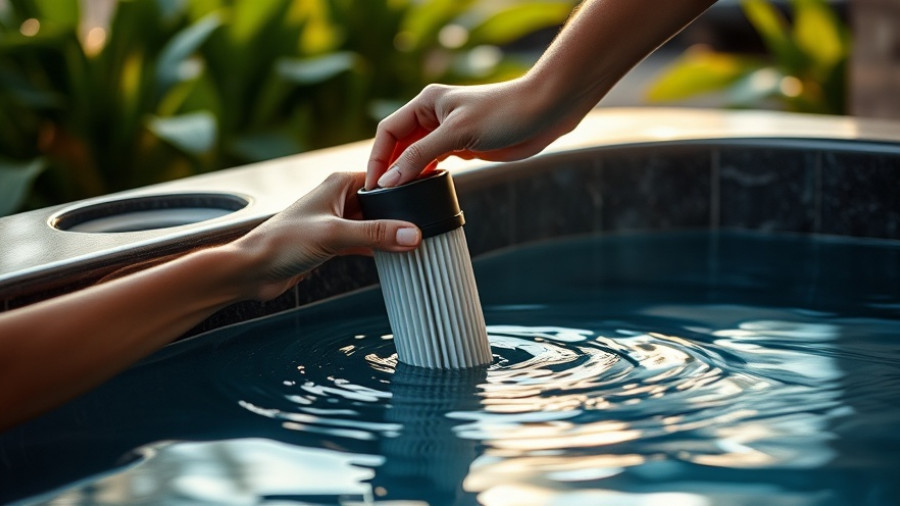
Why Your Septic Tank Might Be at Risk
Homeownership in California comes with a unique set of responsibilities, one of the most important being maintenance of your septic system. If neglected, these tanks can lead to costly repairs and significant disruptions. Understanding what not to flush is crucial for the health of your septic system. Think of your tank as a digestive system. It processes waste, but certain household items act like eating indigestible food—leading to serious trouble.
Household Items That Can Harm Your Septic System
Here is an important look at common household items that can ruin your septic tank:
1. Coffee Grounds
Coffee grounds are number one on our list and for good reason. They don’t dissolve and can create significant sludge buildup. Shaylin King, a licensed plumber, explains that flushing coffee grounds regularly will accelerate how quickly your tank fills, forcing you to pump it out more frequently. Instead, put them in the trash or use them as compostable materials.
2. Antibacterial Soaps
Many homeowners might not realize that common antibacterial soaps can significantly impact the essential bacteria in their septic tanks. Plumbers Omarr Picken and Ian Wood advise avoiding these soaps entirely. They disrupt the natural decomposition process, leading to clogs over time. Switching to a non-antibacterial soap is a step in the right direction.
3. Medications
It's tempting to flush unused medications to avoid clutter, but they are harmful for septic systems. These substances can upset the bacterial balance in the tank, leading to degradation in performance. An eco-friendly alternative is to participate in local drug take-back programs to safely dispose of unused medications.
4. Grease and Oils
Grease from cooking can solidify in your septic tank, leading to clogs. This can greatly hinder the absorption capacity of your drainage field. Instead of pouring grease down the drain, let it cool and dispose of it in the trash or compost pile.
5. Feminine Hygiene Products
Sanitary napkins, tampons, and applicators should never be flushed, as they don’t break down like toilet paper and can cause serious blockages. Disposing of these items in a waste bin is a far better practice.
6. Paper Towels and Tissues
Though tissues and paper towels may seem harmless, they can accumulate in the septic tank. Unlike toilet paper, which is designed to degrade, these items can lead to the buildup of waste material. Opt to throw them in the trash.
Making Informed Choices
Understanding how your septic system functions helps in making choices that keep it healthy. California homeowners can often raise awareness about proper wastewater disposal within their communities. Improved public knowledge can lead to less environmental damage and lower maintenance costs.
Future Considerations
Septic tanks are not systems you can ignore. Recognizing how household items affect your tank can prolong its life. Stay aware of your usage and make choices that will support your system's health. Consider alternatives to harmful products and educate others about septic system maintenance.
Actionable Tips for Septic System Success
1. Regular Maintenance: Schedule pump-outs every three to five years, depending on use.
2. Educate Your Household: Inform everyone about what should and shouldn't be flushed.
3. Monitor Usage: Keep track of what you dispose of in your drains to prevent unwanted surprises.
Conclusion: Protect Your Septic System
Taking care of your septic system not only saves money but also helps protect the environment. Make mindful choices about what to dispose of in your septic system and encourage friends and family to do the same. If you’re interested in learning more about septic system upkeep, don't hesitate to reach out for professional advice!
 Add Row
Add Row  Add
Add 




Write A Comment